SUMMARY
This is AI generated summarization, which may have errors. For context, always refer to the full article.
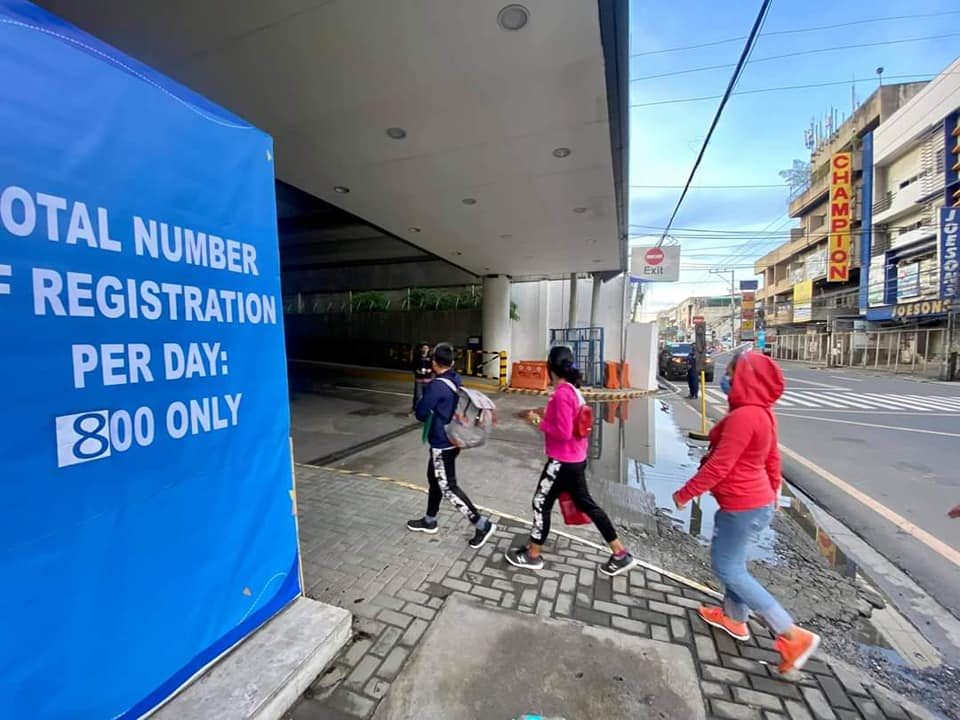
Money has started changing hands as political operators began head counts in the final weeks of the registration of voters.
Call it vote buying or by whatever name, but in the attempt to influence next year’s voters, money often talks – and it has started this early, less than a year before election day.
Elections Chairman Sheriff Abas has announced that the Commission on Elections would move the deadline for voter registration from September 30 to October 30.
Some politicians have started spending to ensure that people who would likely vote for them in next year’s elections would register as voters, said a former mayor in Misamis Oriental, and a ranking official of the Partido Demokratiko Pilipino-Lakas ng Bayan in Mindanao.
This would explain the sudden interest of many people to register as voters days before the deadline set by the Comelec, said Arturo Sumanpan, a former mayor in Misamis Oriental, and Dr. Manuel Jaudian, PDP-Laban secretary-general for Mindanao.
“Consider what they got during the registration as a downpayment. I guess you can say that some politicians buy votes even before they can announce that they are running,” said Sumanpan, a local political strategist who once served as mayor of the town of Talisayan.
Sumanpan said this as authorities faced the challenge of controlling the crowd outside SM Premier mall in downtown Cagayan de Oro early this week.
The mall has been designated by the Comelec as a major voters’ registration site in Cagayan de Oro.
Hundreds of residents lined up and waited outside the mall to get registered as voters on Monday, September 27, disregarding public health protocols in place because of the COVID-19 pandemic.
But Major Ivan Vinas, spokesman of the Cagayan de Oro City Police Office, said several people have stayed outside the mall as early as Sunday night, September 26, notwithstanding the curfew hours still in effect in the city due to the COVID-19 threat.
“We issued them citation tickets for violating the curfew rule. Still, many of them chose to stay put,” Vinas said.
He said there were reports that some of the voters were brought there in groups.
“But that is not the concern of the police. Our concern is orderliness – peace, and order,” Vinas said.
He said the police met with the mall executives, Comelec, and local officials, and were now working to prevent a repeat of the overcrowding at the registration site, but Sumanpan said he would not be surprised if people would come in droves again in the final days of the extended registration period.
Local broadcast journalist Albino Quinlog Jr., popularly known as Jun Albino, said he interviewed a 23-year-old man who told him that he had lined up outside the mall on Sunday night in the hope that he would get prioritized in the registration the following morning.
“The young man hasn’t voted for five years. He never registered since he was 18. I don’t understand why he suddenly took interest in registering as a voter now,” said Quinlog.
The “sudden interest” of many would-be voters could be due to their desire to see change, or it could also be due to monetary and other considerations, according to Sumanpan.
“This is not something new. This has been going on for years throughout the country,” Sumanpan told Rappler.
Dr. Jaudian said several politicians in Mindanao were known to be shelling out money to ensure that people listed by their grassroots leaders as potential voters would register with the Comelec.
“It’s not enough for their leaders to say that these people are for them. They have to be registered. This early, the politicians are doing head counts, and they have to make sure that the people who are in their lists are registered voters,” said Jaudian.
He said one telltale sign of voters’ registration irregularities is when truckloads of potential voters are hauled off to Comelec registration sites.
“When you see people being brought to the Comelec in groups to register, it means that community organizers of political groups are at work to make sure their voters are registered,” Jaudian said.
He said the undertaking alone would entail expenses because the organizers and community leaders would need to provide meals and even compensate the new voters for their time and effort.
“Technically, that’s not vote-buying because it’s not yet election day,” said a local political operator who spoke on condition of anonymity.
But Sumanpan and Jaudian said the funds released by politicians were intended to influence voters.
Jaudian said the vote buying comes in tranches beginning with the voters’ registration months before the elections.
In Ozamiz City alone, he alleged, one politician spent as much as P5,000 per voter in 2019.
“The first wave was P1,000 per voter. The second wave was another P1,000. The last tranche was P3,000 per head for those who voted straight on election day,” Jaudian told Rappler.
In the small island province of Camiguin where Jaudian once campaigned and failed to win a congressional post, he alleged that voters were each given P1,000 when they returned to the island to vote, and another P6,000 if they voted straight for a particular group.
In other Mindanao areas, the budget for every voter – allegedly given in tranches – reached as much as P10,000 in 2019, he said.
“The budget for the registration of voters is like an acceptance fee. It does not guarantee the actual votes, but influencing the voters with the use of money starts with that,” Jaudian said.
Sumanpan said some politicians also ensure that their supporters from other areas would transfer their registrations to the places where they intend to seek new positions.
“If an official plans to run for public office in another place, then he has to bring many of his voters with him. That’s expensive because he is expected to shoulder the costs. Imagine the cost of bringing people from the hinterlands to a mall in downtown Cagayan de Oro. The politician is expected to provide for them. Many of them also expect compensation,” Sumanpan said.
He said the budget was P300 to P500 per newly registered voter at the very least.
Sumanpan added, “Many times, politicians already spent even before they could officially declare that they were candidates.”
Loloy, a carpenter in a Misamis Oriental village just seven kilometers from downtown Cagayan de Oro, said he has long registered as a voter because he wanted to exercise his right of suffrage.
He however said he could not say the same thing about some of his neighbors, mostly young people, who were recently shepherded to a Comelec registration site by people closely associated with politicians.
“People here talked about a budget for those who stopped what they were doing so they could go to the Comelec and register,” Loloy told Rappler. – Rappler.com
Add a comment
How does this make you feel?





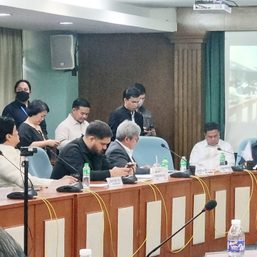
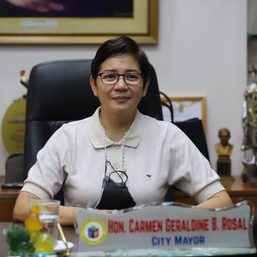
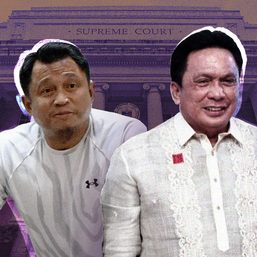
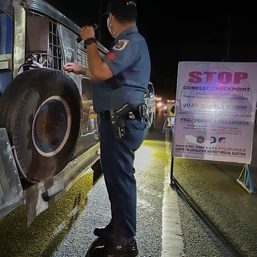
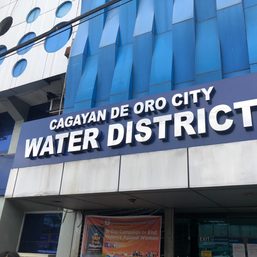

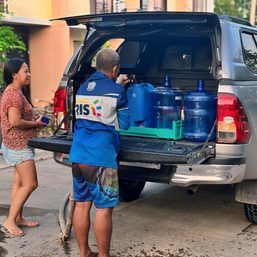
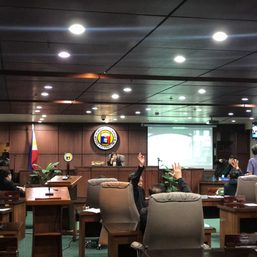
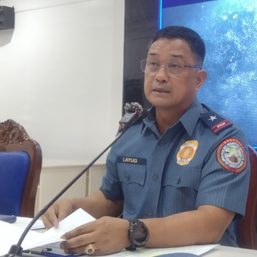
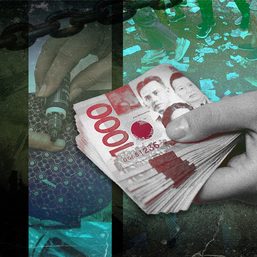
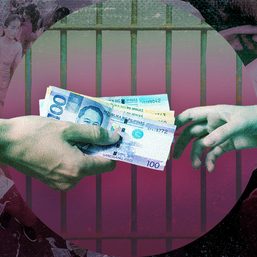
![[Newspoint] Improbable vote](https://www.rappler.com/tachyon/2023/03/Newspoint-improbable-vote-March-24-2023.jpg?resize=257%2C257&crop=339px%2C0px%2C720px%2C720px)
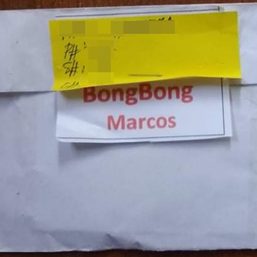
There are no comments yet. Add your comment to start the conversation.